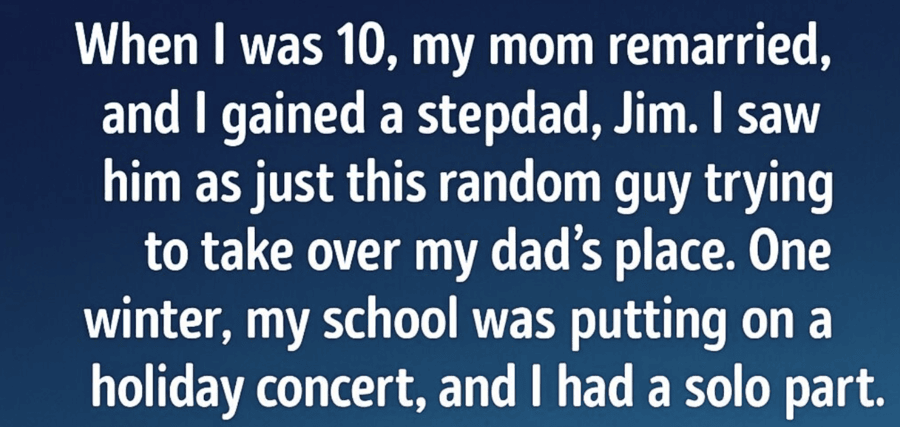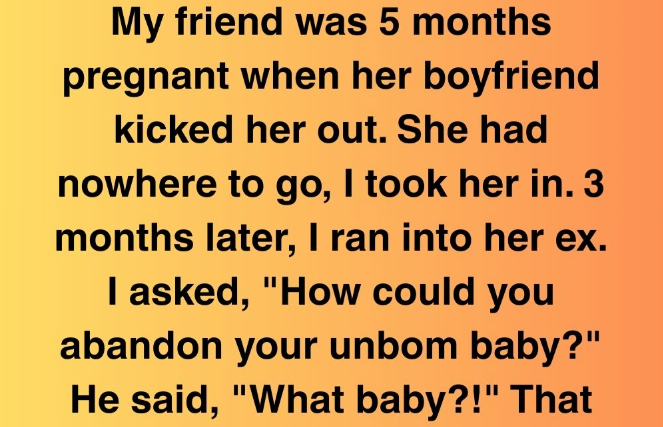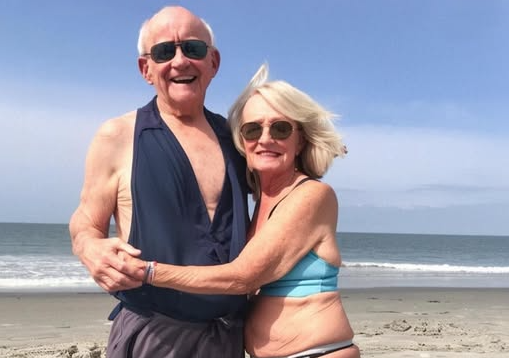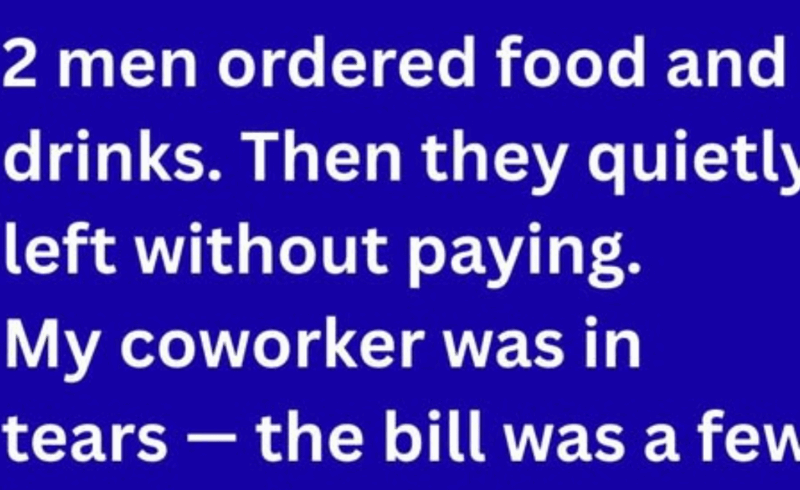When I was ten years old, my world subtly transformed in a way I couldn’t yet articulate. My parents had parted ways years before, and though I had grown accustomed to living with my mom, I held a quiet defiance against anyone attempting to fill my dad’s role.
Then Jim arrived.
He didn’t claim to be my father—only a man who now shared our home, joined us at meals, and made earnest efforts to connect with me. I kept him at a distance. My responses to his questions were curt, my reactions to his humor dismissive. Despite his kindness, I built walls, determined to keep him out. He wasn’t my dad, and I had no intention of acting otherwise.
That winter, my school organized a holiday concert. It wasn’t lavish—merely the gymnasium adorned with handmade snowflakes and strings of twinkling lights—but to a child, it felt like a grand stage. I had earned a brief solo, a few lines woven into a carol, and it meant the world to me. I rehearsed tirelessly, singing softly to myself, practicing in front of my mirror, and murmuring the lyrics before sleep.
On the night of the performance, nerves battled with pride. My mom had promised to attend, but a prolonged work shift kept her away, and her apologetic call left me heartbroken. I brushed it off, but the ache lingered. I longed for her presence in the audience, cheering me on. Without her, I felt adrift.
The gymnasium hummed with anticipation—parents filled the bleachers, children fidgeted, and the warm aroma of hot chocolate wafted through the air. When my turn arrived, I stepped onto the stage and froze. My hands shook. My throat tightened. The words I had memorized evaporated.
Then, from the quiet, a voice broke through:
“You can do this!”
I scanned the crowd. There stood Jim—on his feet, clapping, his smile beaming with unwavering confidence in me, a confidence I couldn’t muster myself.
Something inside me shifted. The tension in my heart eased. I inhaled deeply, raised my head, and began to sing. My voice wavered but held firm. By the end, a smile crept across my face. The audience’s applause filled the room, and for the first time that evening, I felt a surge of pride.
After the concert, Jim waited in the hallway. He held a paper cup of hot chocolate, steam rising into the chilly December air. He didn’t offer grand words. He simply handed me the cup and said:
“I’m so proud of you.”
That small act struck me profoundly. Jim wasn’t trying to take my dad’s place or claim a role I wasn’t ready to offer. He was simply there—in the moments that mattered most. Not with expectations, but with steady support.
From that night forward, something changed between us. I didn’t call him “Dad,” and he never asked me to. But I stopped pushing him away. I let him drive me to practice. I shared stories about my day. We built quiet traditions—sharing popcorn during movie nights, tinkering in the garage, chuckling at the same silly jokes. He was no longer “the man Mom married” but someone who carved out a unique place in my life through patience, reliability, and care.
Now, as an adult reflecting on that time, I recognize the significance of that concert. It wasn’t about the song or the crowd’s applause. It was about standing frozen on stage and discovering someone was there—rooting for me when I needed it most.
Family isn’t always defined by lineage or names on paper. Sometimes, it’s about who shows up, who believes in you, and who stands waiting with hot chocolate when the moment passes.
That was the night Jim became my stepdad—not through a ceremony, but through love.




